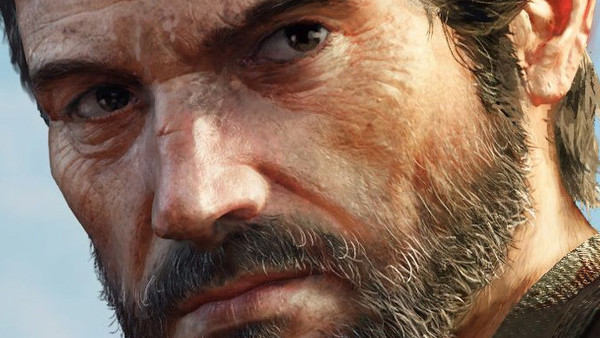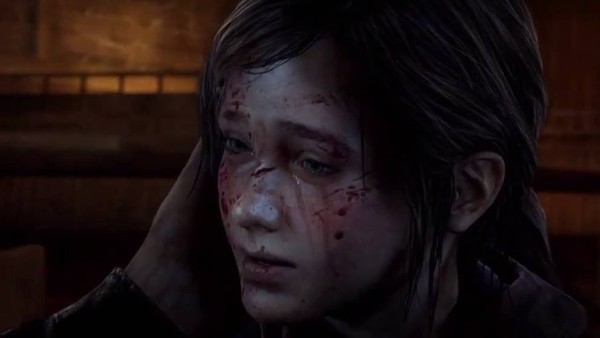Is Joel Really The Villain In The Last Of Us?
The road to hell is paved with good intentions.

Everyone in The Last of Us has blood on their hands. From the dystopian military force ruling under an iron fist, to the supposed freedom fighter "good guys", the Fireflies (and everyone in between), each person who's successfully survived for decades in this ravished new vision of Earth has had to sacrifice a little bit of their humanity to do so. But there's one character who's seemingly relinquished more of his humanity than anyone else, and it just so happens to be the game's main playable character: Joel.
Despite being the protagonist, Joel is presented as a shell of a man from the get-go. The prologue that sees him do everything in vain to save his daughter Sarah, even taking a bullet for her to no avail, contrasts directly with the haunting first shot after the fifteen-year time jump, depicting the character, older, beaten and broken, sleeping in a suitably rundown apartment. The entirety of The Last of Us is essentially the story of how Joel gets from this rock-bottom state back to the driven, compassionate person he was in the opening, through his relationship with his new surrogate daughter, Ellie.

He gets there in the end, of course, but at what cost? The story's climax sees Joel brutally wiping out almost all of the Fireflies in cold blood, in order to save Ellie from a surgery that could, theoretically, have saved the world thanks to her Cordycep immunity, but one which would have killed her in the process.
It's a morally ambiguous ending for sure, with Ellie accepting her partner's lie that he took her home from the Firefly facility peacefully, but it's left many players wondering the same question for years:
Is Joel the real villain of The Last of Us?
Sure, the character does what he does in the name of the love and affection he has for the people around him. Taking Ellie in at all because it was the dying wish of longtime companion Tess, and he eventually saves her because of this newfound paternal role, but it's also born out of a selfish need for the character to not get slapped in the face after once again opening up his heart to the world.
Next up, morality and character...